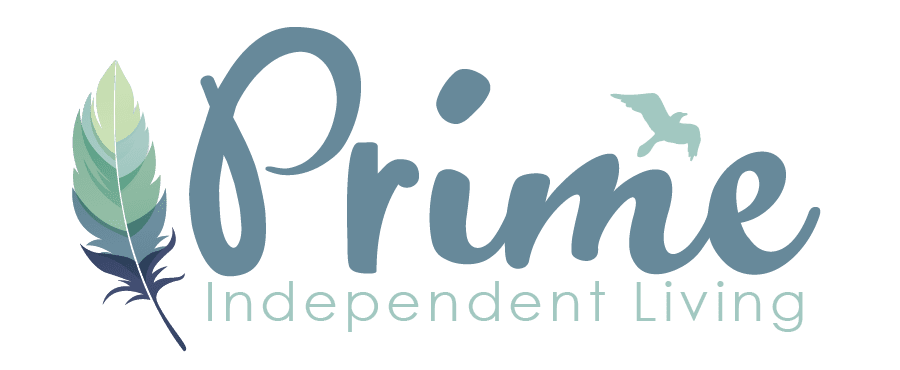Are You Getting Enough Calcium and Vitamin D?
When you’re young, you constantly hear how important calcium is for bone development. But, calcium is just as essential as you age. Not only does this nutrient help ward off osteoporosis, but calcium helps maintain bone strength throughout your life. But what most people don’t realize is that your body cannot reap the full benefits of calcium unless the body has a sufficient amount of vitamin D.
The recommended daily amounts of calcium and vitamin D for seniors are:
Senior women (ages 50-70): 1,200 mg of calcium, 600 IU of vitamin D
Senior men (ages 50-70): 1,000 mg of calcium, 600 IU of vitamin D
Seniors (age 70+): 1,200 mg of calcium, 800 IU of vitamin D
To help you maximize your bone health, we have researched the best foods that contain high levels of these nutrients.
Top Calcium Sources
- Dairy products (milk, yogurt, cheese)
- Greens (collards, kale, turnip greens, broccoli, Brussels sprouts)
- Nuts, beans, and legumes
- Fish with bones (canned salmon, tinned sardines — the bones are edible)
- Calcium-fortified juice
- Plant-based milk (soy, almond)
- Tofu
- Oranges
- Almonds
Vitamin D-Rich Foods
- Fatty fish (salmon, tuna, and mackerel)
- Herring and sardines
- Shellfish (shrimp, oysters)
- Vitamin D-fortified foods (milk, orange juice, cereals, and soy milk)
- Beef liver
- Mushrooms
- Egg yolk
Other Vitamins for Bone Health
Don’t forget to include these bone-building vitamins in your daily rotation:
-
- Vitamin C is essential for the formation of collagen, which is the foundation that bone mineralization is built. Eating foods such as broccoli, kale, strawberries, and oranges are a good way to increase your intake of vitamin C.
- Vitamin K is responsible for binding calcium to your bones. Incorporating leafy greens into your diet is an easy way to increase your vitamin K levels. However, it is important to consult with your physician before increasing your intake of vitamin K because it can interfere with blood thinning medication.
- B-12 helps maintain the health of nerve and blood cells, as well as preventing types of anemia. Studies have also shown that higher levels of B-12 help lower the risk of osteoporosis. Dairy products, fish and meat are good ways to boost your B-12 levels.
- Magnesium works together with calcium to maintain strong bones. This mineral is naturally found in dark-green vegetables, whole grains, and nuts.
Bad-for-Your-Bones Foods
It is important to keep in mind that certain foods can also be harmful to bone health. To avoid undoing all the benefits of nutrients that support healthy bones, try to avoid these foods:
-
- Salty foods can cause your body to lose calcium, which can lead to bone loss. So it is recommended that you limit your sodium intake to no more than 2,300 mg per day.
- High consumption of alcohol can also lead to bone loss. It is recommended to limit alcohol to no more than 2-3 drinks per day (plus your liver will thank you!)
- Caffeine may also decrease calcium absorption and contribute to bone loss. Try limiting your intake of coffee, tea, and soft drinks and opt for a caffeine-free option.
Eating Your Way to a Healthier Lifestyle
By implementing these valuable nutrients into your diet, aging doesn’t have to take a toll on your bones. At Prime Independent Living Communities, we provide residents with nutrient-packed meals and a variety of healthy dining options designed to help them live a good (and long!) life. Get in touch with us today to learn more.

